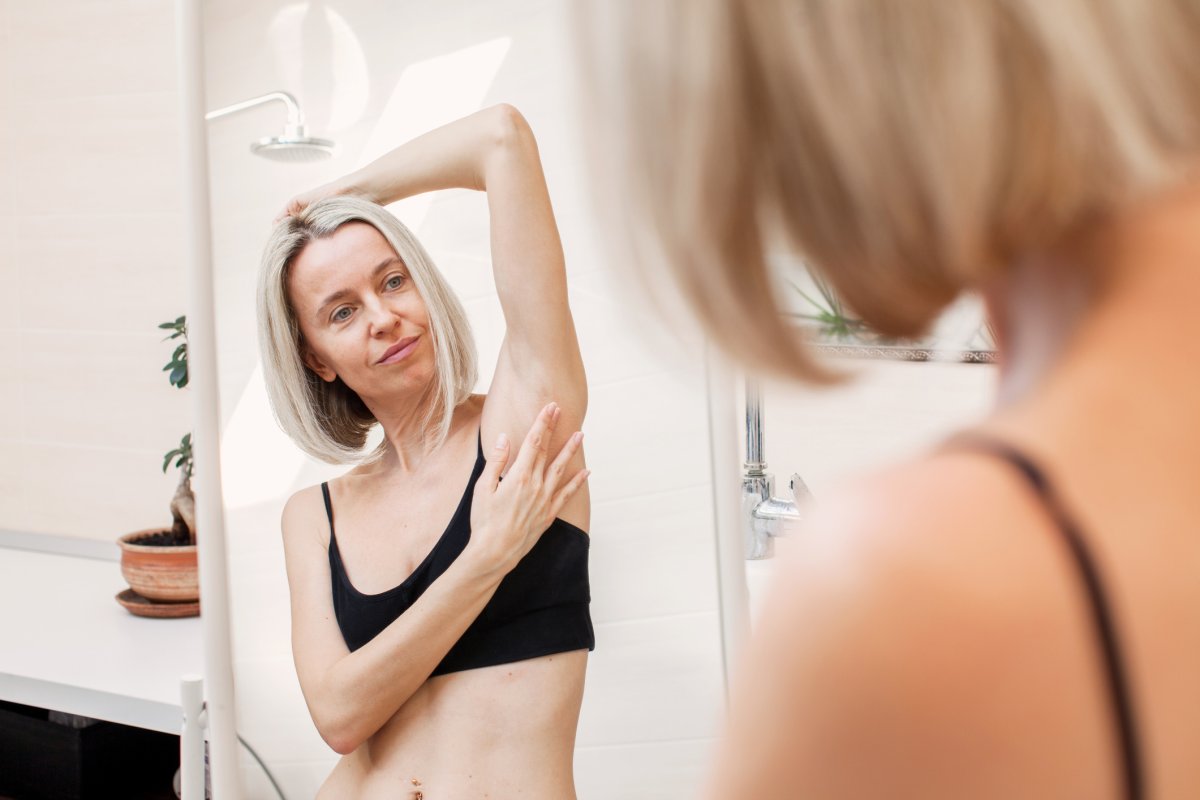We are often warned that an ultra-processed, meat-heavy diet might be giving us cancer. But new research has shown that the food we eat could also shield us from the disease.
Breast cancer affects roughly 240,000 people every year in the United States, according to the U.S. Centers for Disease Control and Prevention, resulting in roughly 42,500 death annually. Breast cancer can be caused by a range of genetic and environmental factors, but certain lifestyle issues may also be able to reduce our risk.
Previous studies have shown an association between the consumption of a fibrous compound discovered in many plant-based foods and reduced breast cancer mortality in postmenopausal women. The compound in question—called lignan—is particularly plentiful in flaxseeds, but the molecular underpinnings of this association have been a mystery.

However, in a study published Tuesday in the journal Microbiology Spectrum, researchers from the University of Toronto may have solved this puzzle.
The missing piece? The gut microbiome.
Our bodies are full of trillions of microbial cells, which play an essential role in both our physical and mental well-being. Collectively, these microbes are known as our microbiome, the mother lode of which are found in our guts. These microbes thrive off the food we eat and help us digest compounds that we could not break down on our own. In turn, they create a range of new molecules, which have been shown to play a role in everything from our appetite to our mental health.
"The gastrointestinal microbiota plays an important role in modifying many components of our diet to impact human health," Jennifer Auchtung, assistant professor in the Food Science and Technology Department at the University of Nebraska, Lincoln, who coordinated the review of this paper, said in a statement.
Among their many roles, the gut microbiome is involved in the digestion of dietary lignans. And so, the Toronto team investigated how the addition of flaxseed lignans could affect the microbiome of young female mice, and how this might relate to the development of breast cancer.
Specifically, they found that the lignans appeared to be linked to the activity of small, regulatory molecules called miRNAs. "We found correlations between diets enriched in flaxseed, cecal [colonic] microbiota composition and miRNA profiles in the mammary gland that regulate many pathways, including those involved in cancer development," Auchtung said.
The team believes that these changes in miRNA expression are at least partially orchestrated by the lignan breakdown products generated by the resident microbes in the mice's guts.
"If these findings are confirmed, the microbiota becomes a new target to prevent breast cancer through dietary intervention," Elena M. Comelli, associate professor in the Department of Nutritional Sciences and Temerty Faculty of Medicine, University of Toronto, and corresponding author on the paper, said in a statement.
More work is needed to fully understand these mechanisms, but these results provide an exciting new avenue for cancer research and risk reduction in the future.
Is there a health issue that's worrying you? Do you have a question about breast cancer or the gut microbiome? Let us know via health@newsweek.com. We can ask experts for advice, and your story could be featured on Newsweek.
Uncommon Knowledge
Newsweek is committed to challenging conventional wisdom and finding connections in the search for common ground.
Newsweek is committed to challenging conventional wisdom and finding connections in the search for common ground.
About the writer
Pandora Dewan is a Senior Science Reporter at Newsweek based in London, UK. Her focus is reporting on science, health ... Read more





